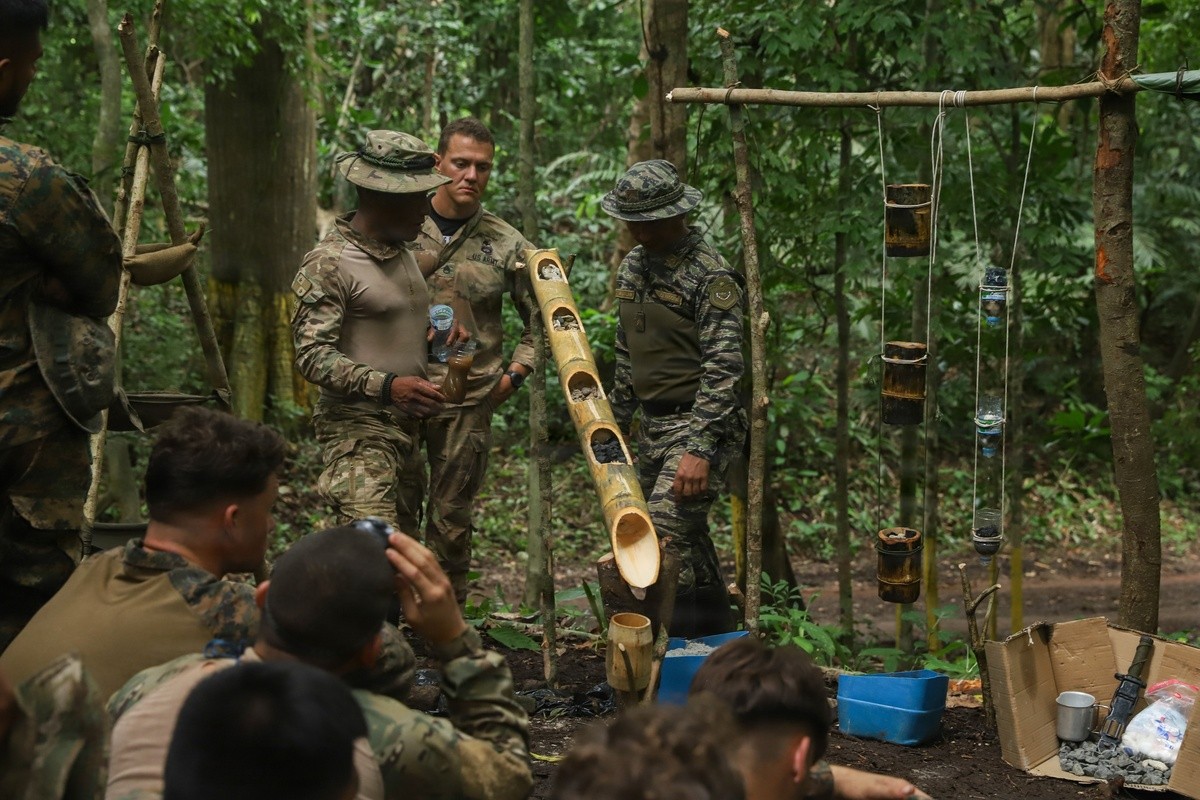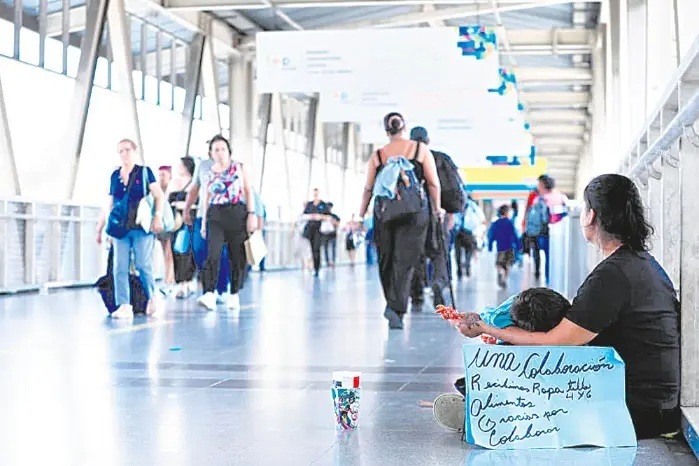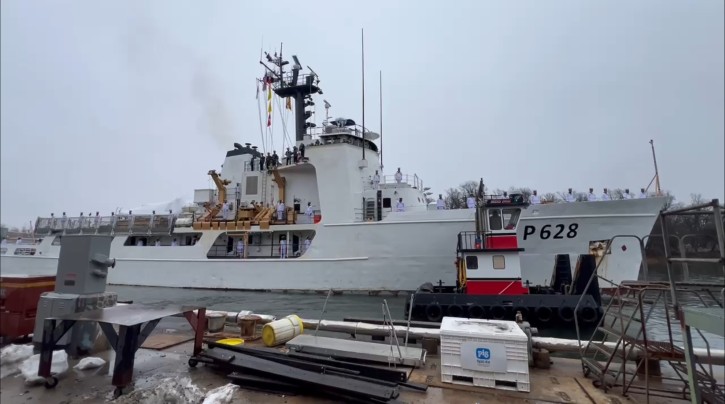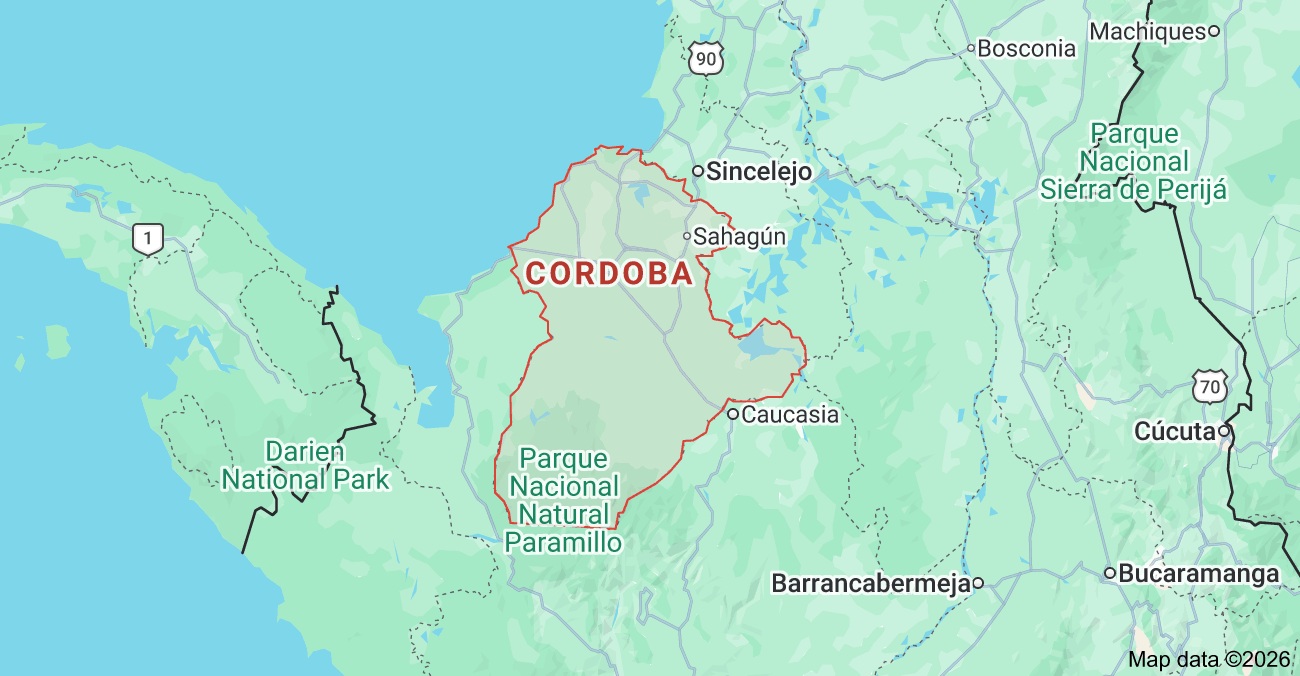Panama’s President Mulino Speaks Out at his Regular Thursday Press Conference
Mulino insisted that Panama cannot become the stage for geopolitical confrontations between powers. “I will not allow them to bring to Panama a problem that is not Panama’s,” he emphasized.
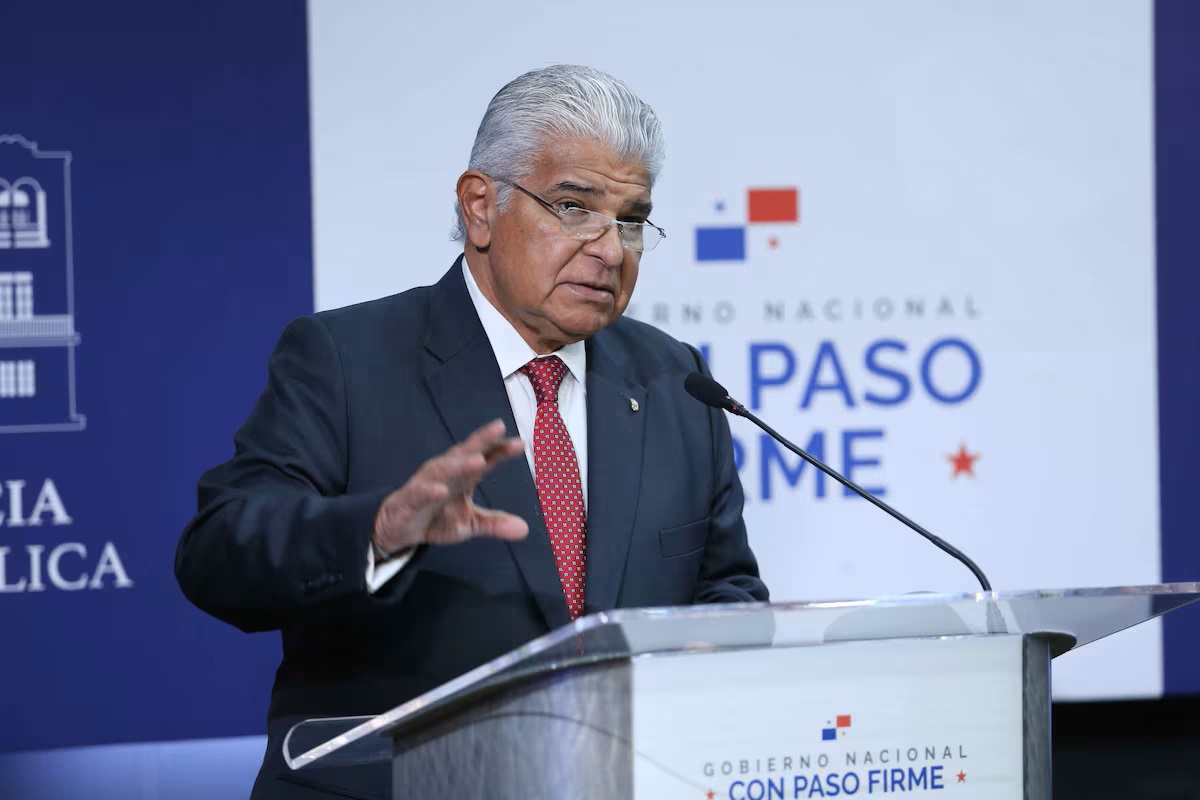
Panamanian President José Raúl Mulino stated that his government is working on creating an anti-mafia law inspired by regulations in the United States and Europe, with the aim of more effectively confronting criminal structures both within and outside the country. During his remarks at the press conference, Mulino explained that they are gathering information and international advice from countries such as the United States, France, and Italy, whose laws have proven effective in dismantling powerful criminal organizations. “I am trying to obtain information and advice from governments such as those of the United States, France, and Italy to create an anti-mafia law in Panama similar to the one the United States implemented with RICO,” said the president, who stressed the urgent need to strengthen the Panamanian legal framework to confront modern organized crime.
In this regard, he stated that current laws are insufficient and outdated, which has hindered an effective response to the magnitude of the problem. Mulino also questioned recent decisions by the Judicial Branch that granted house arrest to individuals linked to criminal activities, such as drug trafficking and gangs , despite their prior convictions. In particular, he pointed out that these decisions highlight the lack of enforcement of the law, a significant obstacle to effectively combating organized crime. “Either we all work in the same direction, or we’re going to lose our minds. This battle against gangs, drug trafficking, and organized crime cannot be flexible with these convicted criminals,” Mulino said, referring to the judges who made these decisions.
The president also reiterated the importance of a firm commitment from the judiciary in the fight against crime. “The fight against drug trafficking and crime cannot be the sole responsibility of the security forces; we also need the commitment of society and the support of the judicial system,” he stated. Regarding the asset forfeiture law, Mulino stated he was willing to promote its enactment, but only if it is a “good technical law” and not a flawed piece of legislation like the one that was attempted to be passed in previous legislatures. The president recalled his opposition to the law introduced five years ago, which, according to him, contained “serious distortions” and posed a risk of being used for political purposes.
“As a citizen, I opposed that law because it was not suitable for Panama and could be an instrument of political persecution if someone in power misused it,” he stated. The president stressed that, although the fight against organized crime is complex and will not have immediate results, his government remains committed to strengthening the legal and operational tools necessary to combat this phenomenon that affects the safety and well-being of citizens.
Don’t Drag Panama into a Geopolitical Problem
President José Raúl Mulino delivered a strong message on Thursday, pointing to Washington as responsible for sponsoring the trip of a group of National Assembly deputies to Taiwan, a visit that has strained diplomatic relations between Panama and the People’s Republic of China since it was made public. “This trip is tainted by those who seek to stir up trouble here in Panama regarding the relationship with China,” the president said, assuring that his government will stand firm against any external attempt to generate bilateral friction.
My Government Does Not Endorse That Trip
Mulino reiterated that the Executive Branch is the only body constitutionally empowered to set the country’s foreign policy. In that context, he made it clear that the congressmen’s trip does not have his support. “My government does not endorse that trip under any circumstances, because I know the consequences could be serious,” he warned. The president also questioned the argument that the lawmakers were going to Taiwan to explore economic opportunities. “It’s a lie that the lawmakers could go there to talk about investments and projects,” he said. Mulino insisted that Panama cannot become the stage for geopolitical confrontations between powers. “I will not allow them to bring to Panama a problem that is not Panama’s,” he emphasized.
He reiterated that the management of international relations is the exclusive responsibility of the Executive branch and rejected the trip of the deputies to Taiwan, warning that “my government does not endorse that trip, under any circumstances.” Mulino will accompany María Corina Machado at the Nobel Peace Prize ceremony The President of the Republic, José Raúl Mulino, announced this Thursday that he has been invited by Venezuelan opposition leader María Corina Machado to accompany her at the Nobel Peace Prize ceremony, which she will receive on December 10 in Oslo, Norway. “For me, it is very meaningful for Panama to accompany this warrior, a great leader and leader of the Venezuelan people, to whom I wish a swift return to democracy, ”Mulino stated in remarks to the media. The president indicated that he will travel between December 6 and 7 and return to the country on December 11.
Progress on Line 3 of the Panama Metro
On another topic, President Mulino highlighted the progress of Line 3 of the Panama Metro, a project he considers of enormous importance for the country. “This project is like another canal, due to its scale and the work being done under the Panama Canal,” he stated. The president reaffirmed his commitment that Line 3 will be completed in 2028 and added that one of his objectives is to get the future Line 2A of the Metro on track. Likewise, the Director General of the Panama Metro, Engineer César A. Pinzón, presented a report on the progress of the project, highlighting that the underground section of Line 3 has reached 45% completion.
Pinzón also presented a video showcasing the most important milestones of the project, which will transform mobility between West Panama and the capital. Meanwhile, Carlos Cedeño, Metro’s project director, revealed that “The original cost of Line 3 was $2.8 trillion, but due to all the modifications and the separation of the projects, the current contractual value is $3.9 trillion. We are also in the process of formalizing the financing; we have been in intensive working sessions with the Ministry of Economy and Finance (MEF) and we have managed to secure financing on favorable terms for the underground section project.”
Commitment to Fiscal Transparency
Regarding tax issues, Mulino reiterated his government’s commitment to transparency, emphasizing efforts to comply with international standards and achieve Panama’s exclusion from the European Union’s list of non-cooperative jurisdictions. “One of the most important advances is the start of the process of clearing the names of corporations with suspended status, a task that had been postponed for years and that we are now carrying out with determination and coordination between the Ministry of Economy and Finance (MEF), the Public Registry and other involved institutions,” the president pointed out.


